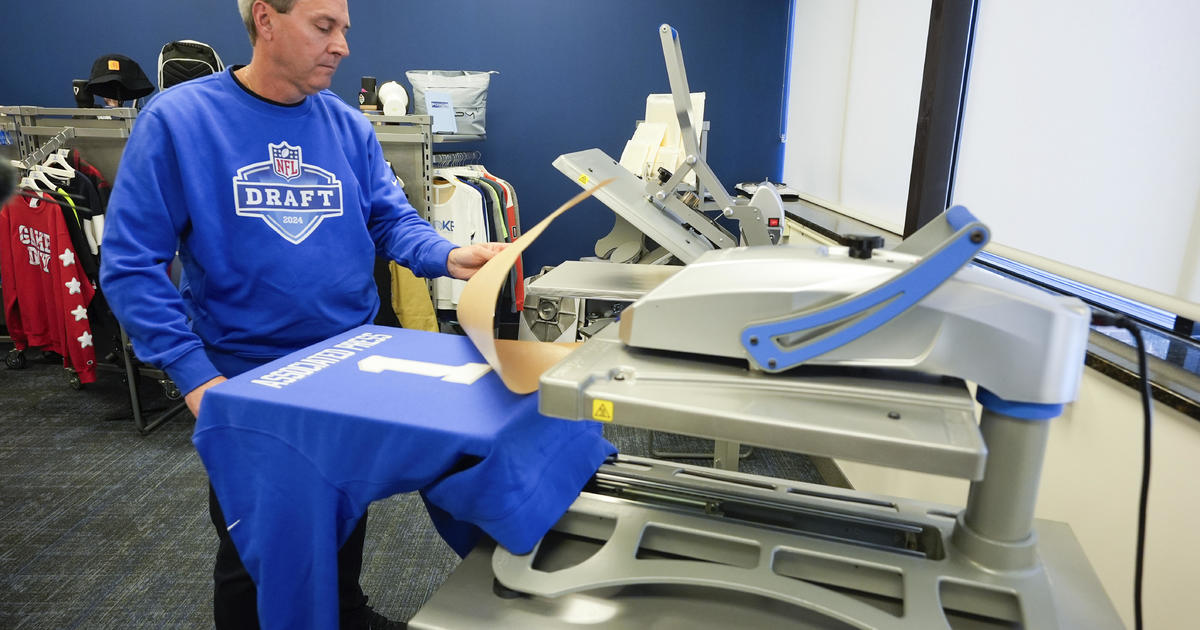New White Paper From CIMdata
ANN ARBOR -- The Ann Arbor product lifecycle management consulting and research firm CIMdata has announced a new paper about the use of PLM in the food and beverage industry.
Safety is paramount in the food and beverage industry. Recipes and formulas must be validated for compliance with regulations that vary globally. Additionally, labels must be complete and accurate. Meeting these demands while producing nutritional, flavorful, safe, and appealing products profitably is challenging.
To be successful, best-in-class manufacturers are leveraging PLM technology such as that from Infor. Innovative PLM technologies included in Infor10 PLM Process (Optiva) help manufacturers develop and deliver competitive, profitable products to the marketplace. Consolidating all product-related information, i.e., the raw materials, ingredients, formulas, packaging, labels, and artwork, into a single source reduces mistakes and shortens the time to find information. Compliance analysis helps ensure that products meet regulations quickly and that there are no surprises after product launch. Least-cost formulation helps manufacturers compete and be successful both in the short and long term.
This paper discusses many of these issues and how Infor10 PLM Process is enabling its users to achieve business goals profitably.
"Delivering PLM Technology to Solve Food & Beverage Industry Issues" is available for free download from CIMdata's web site at http://www.cimdata.com/publications/reports_complimentary/white_papers.html
Buyers of foods and beverages want healthy, high quality products, at low prices -- and they want increasing variety of choice. Owners and investors want a reasonable return on investment. However, a number of issues transpire to make this difficult: raw material, ingredient, energy, and transportation costs are increasing; retailers and distributors want lower prices; and regulations are becoming more sophisticated and more complex. Being in the food and beverage manufacturing business is increasingly challenging.
Perhaps the most difficult issues to address are regulatory. Compliance and reporting (e.g., for labeling) have become more complex while stepped-up enforcement adds complexity and cost to manufacturing processes. Regulatory issues primarily fall into two categories: food safety, where the product may be physically harmful, and labeling, for which completeness and accuracy are paramount.
Within PLM environments, product-related information (e.g., a specification, formula, or ingredient list) is stored in an information structure called the data model. By interrogating the data model, users (and applications) can easily discover when a downstream piece of information needs to be updated. For example, if an ingredient is replaced in a formula, and the formula has an organic claim, the ingredient needs to be validated and approved before the formula can be released. If the new ingredient does not have the organic attribute set to "yes" the formula will get flagged as failing the organic check, and production will be blocked.
PLM is rapidly being adopted by food and beverage manufacturers to address these and many other issues critical to their ability to establish and maintain competitiveness in their markets and to ensure their products are safe and meet all regulatory requirements.
More at www.cimdata.com.



